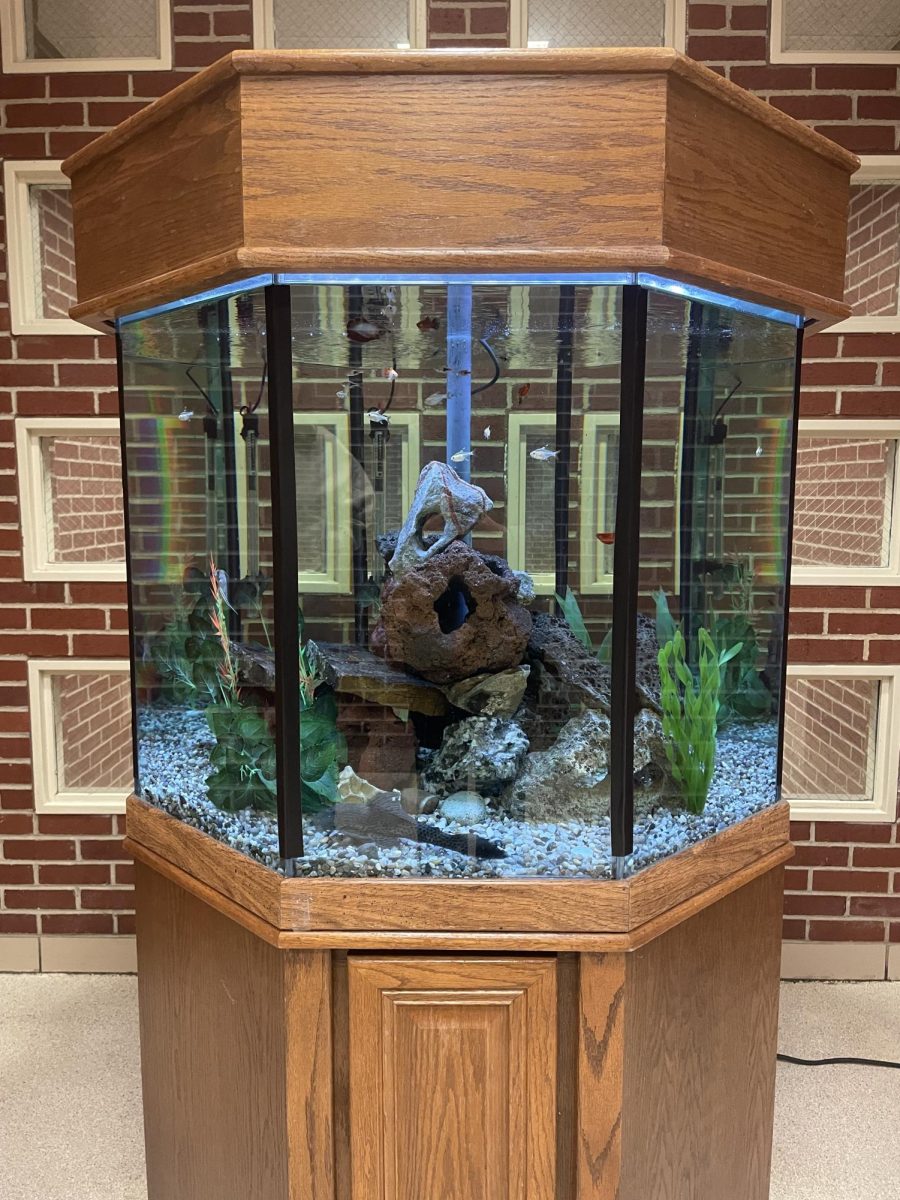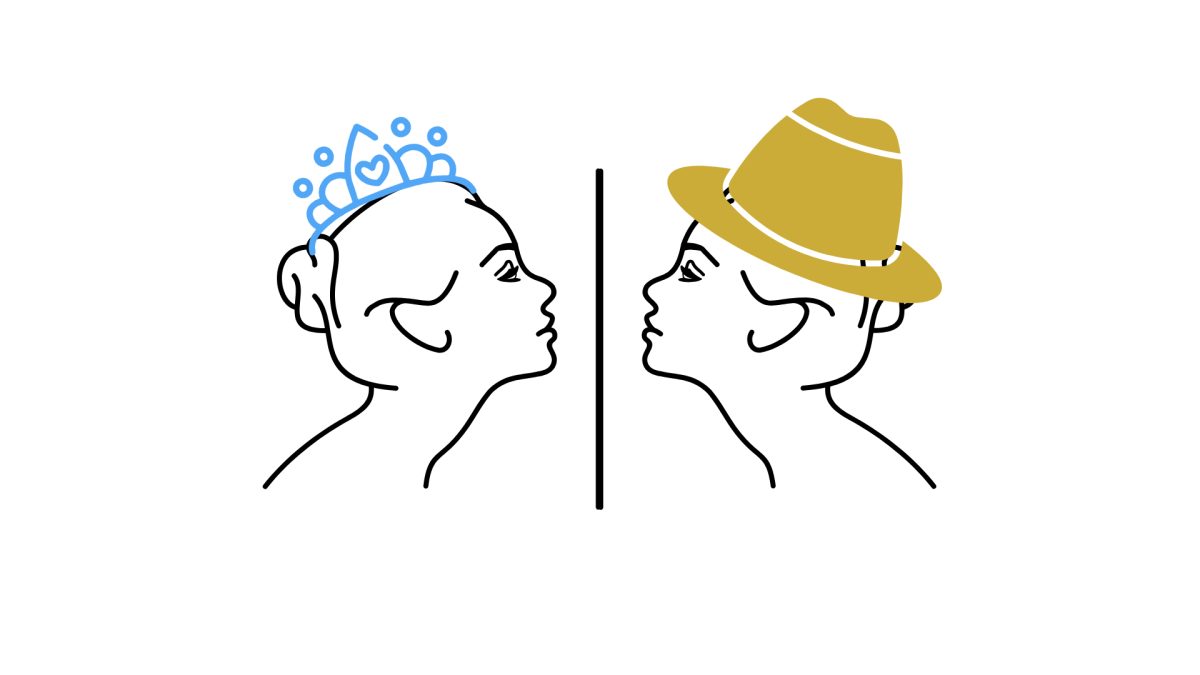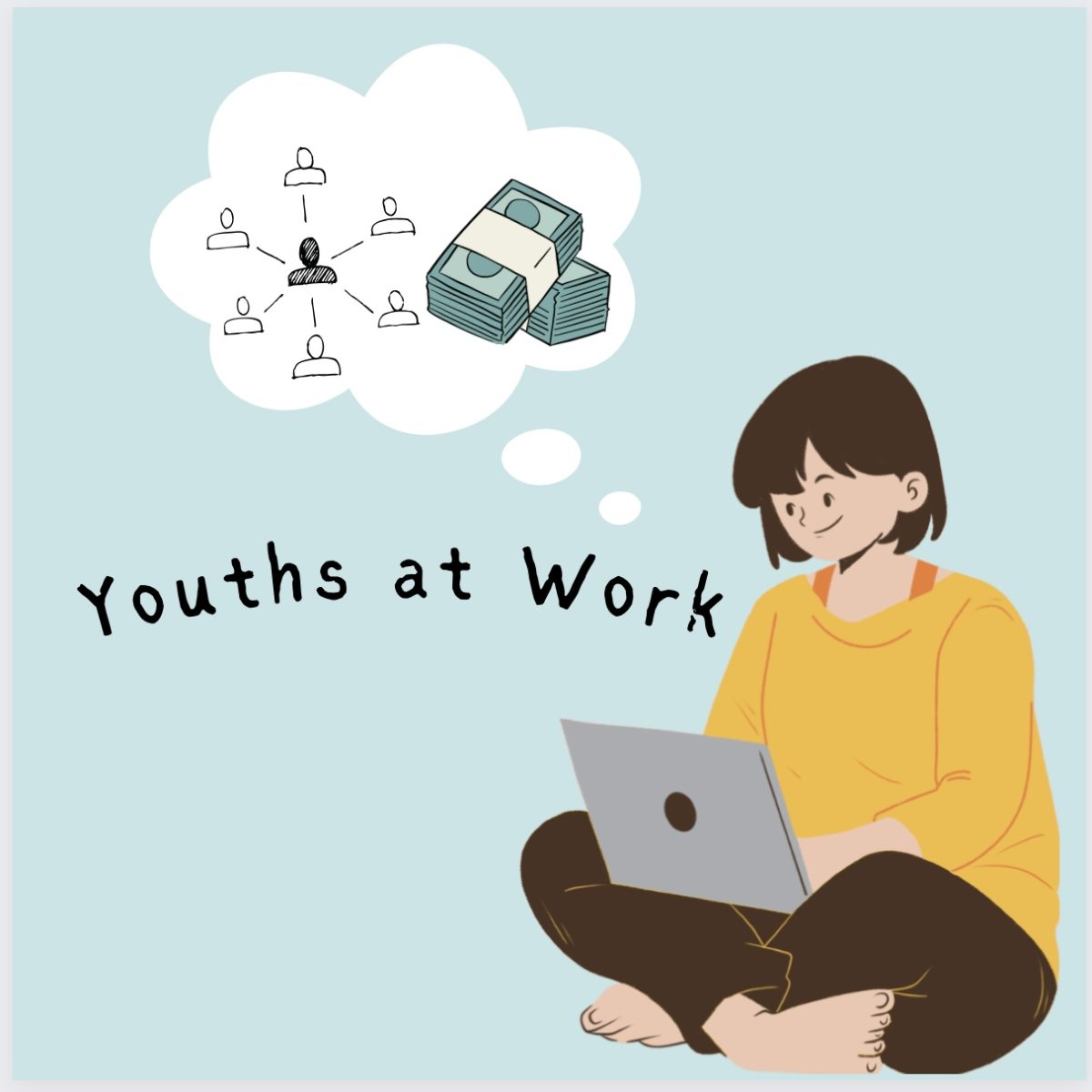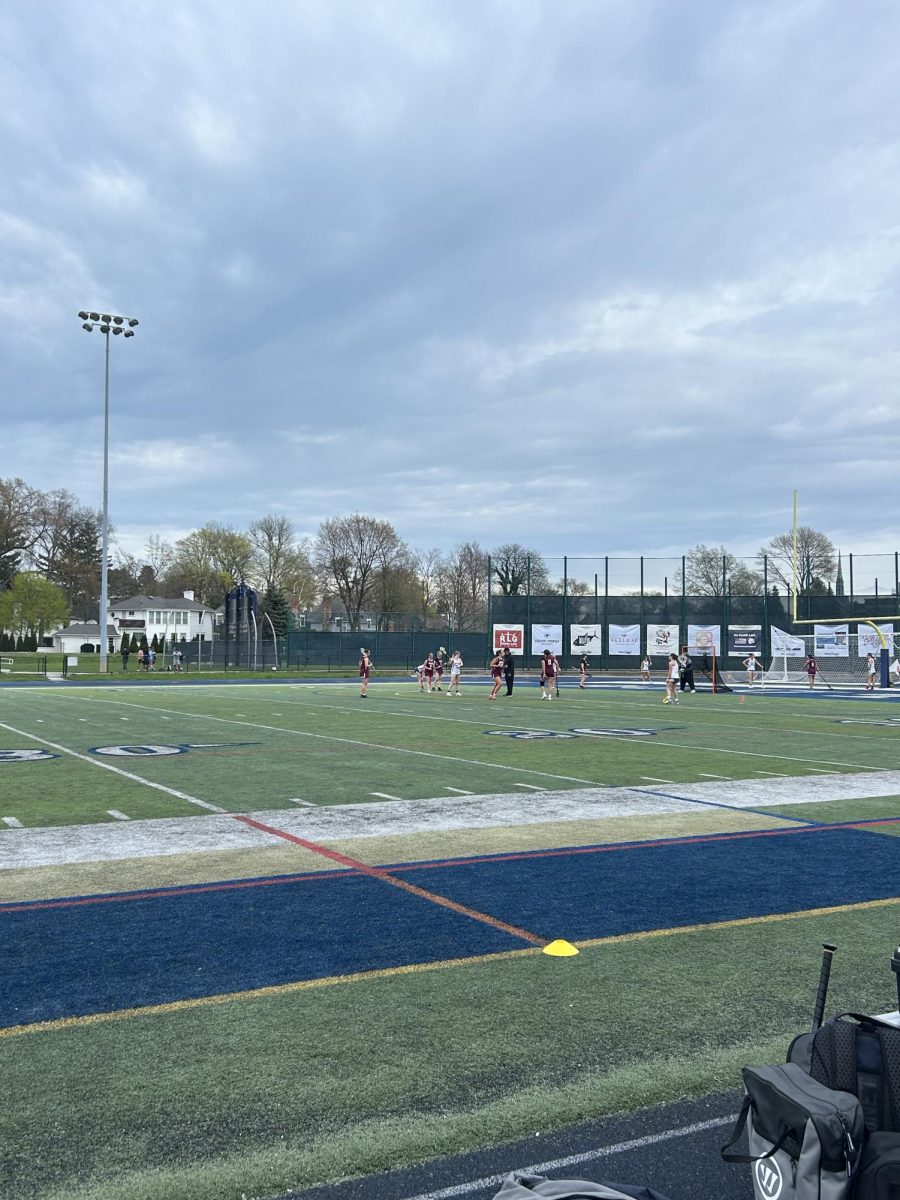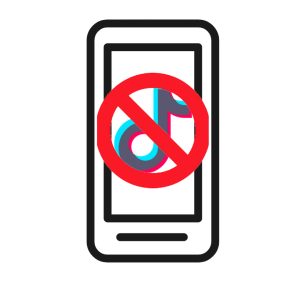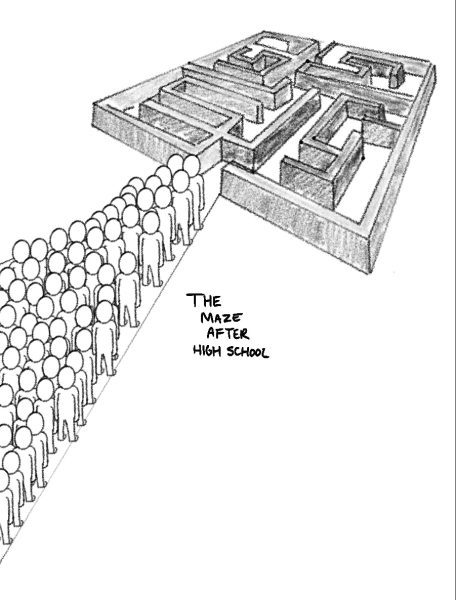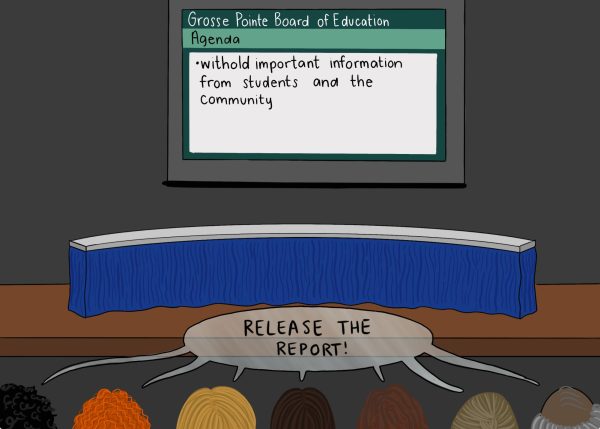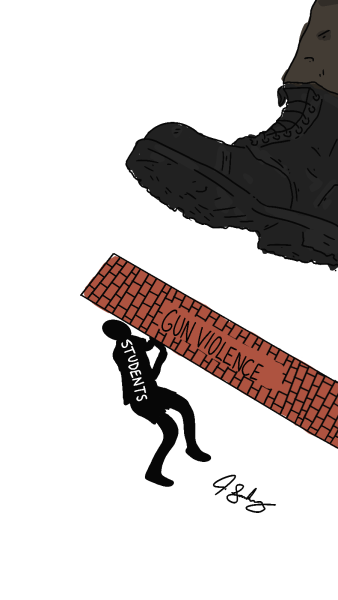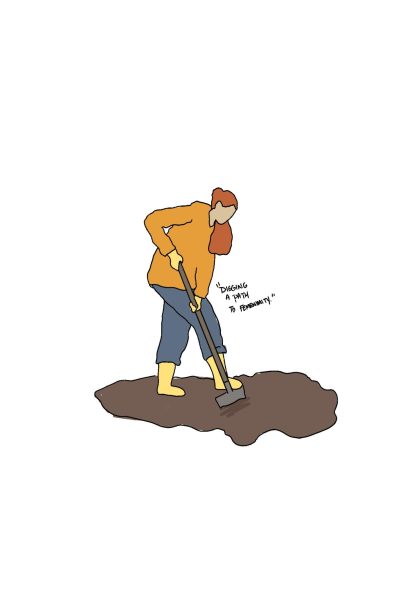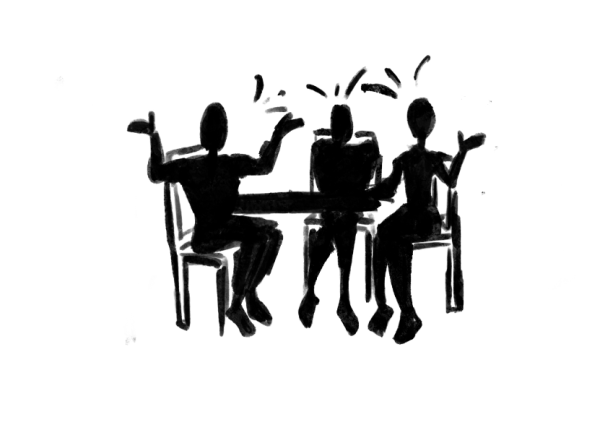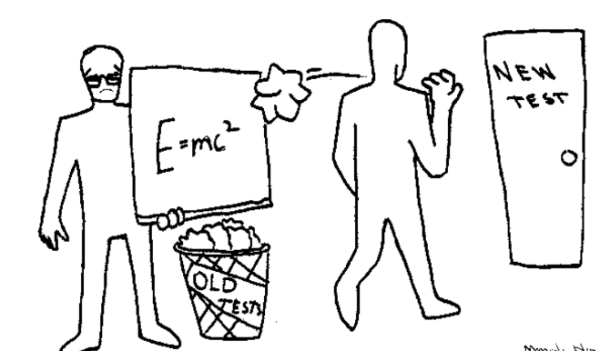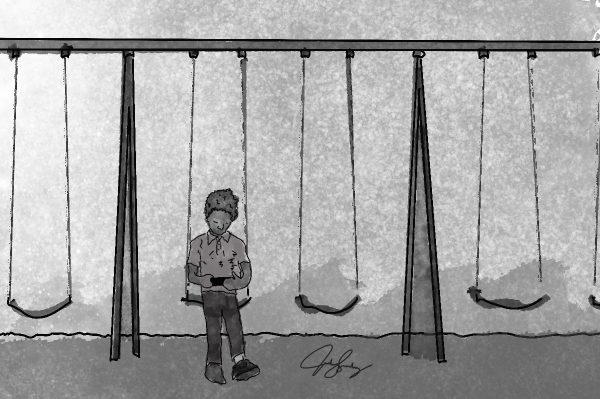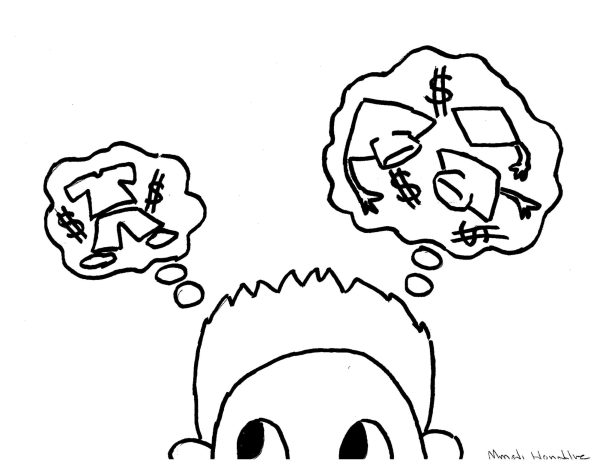Speak against silence: A need for communication when combatting tragedy
September 20, 2018
In 1989, the Secretary of the U.S. Department of Health and Human Services (HHS) established a task force on youth suicide, in direct response to the Center for Disease Control and Prevention’s (CDC) data showcasing a disturbing increase in suicide rates amongst young adults. This set off a powder keg-like effect across the U.S., with suicide prevention becoming a national priority.
Almost thirty years later, the CDC found that in Michigan alone, suicide rates have climbed to as high as 37 percent.
In light of Suicide Awareness Month, we at The Tower find the shadow of “why” our peers decide to end their lives dominates the conversation of suicide, and ultimately diminishes the urgent need for open conversation and public access to mental health resources. According to The New York Times, our nation’s suicide crisis has reached a very important crossroads and the real challenge is overcoming a lack of direction.
The Tower believes the key to preventing suicide is cultivating an honest dialogue across our community, in which everyone, including young people, are encouraged to express their emotions and receive the help they may desperately need.
Silence or a scripted response to address the loss of our friends and classmates merely perpetuates the negative stigma and the general misconception that mental health problems concerning teens are nothing more than hormones or immature drama. Dr. Steven Adelsheim, director of the Stanford Center for Youth Mental Health and Wellbeing, notes that half of all mental health conditions emerge by as early as age 14. Students who seek treatment often feel alienated, and feel as though their struggles are akin to that of foul language– something whispered about in polite company, nothing that should be openly discussed.
We as students carry the weight of our own mental health constantly, which in turn is often at odds with our relationship to school. According to NPR, the major concerns school administrations seek to resolve, such as chronic absences, low achievement, and disruptive behavior, are likely linked to mental health issues. Students who feel deep despair cut class because they cannot face what they perceive to be yet another failure, academically or socially.
So, as members of the student body, how do we help other students who may be falling down the rabbit hole? First and foremost, it is our responsibility not only as students, but as fellow human beings, to be generous with our compassion. We cannot rely solely on the adults around us to police our behavior and interactions with one another.
We must be willing to take on that task ourselves.
None of us truly know how someone might be feeling, despite outward appearances. Embrace your own vulnerability. You as an individual are not compromising your own independence or ability by reaching out to others– a friend, a teacher, a counselor, or even an anonymous service– nor are you too imposing for extending that similar concern to those you love.
Speak up. There are those that will listen.
If you feel as though you or someone you know is at risk, the suicide hotline number is 1-800-273-8255.












